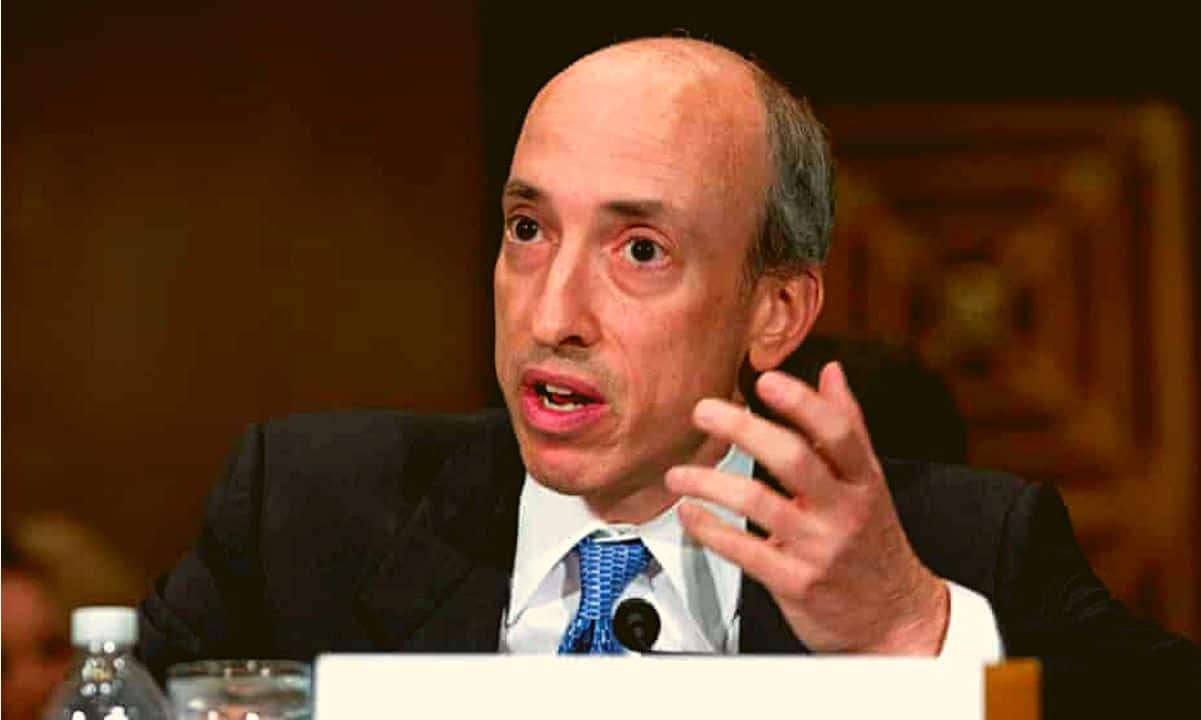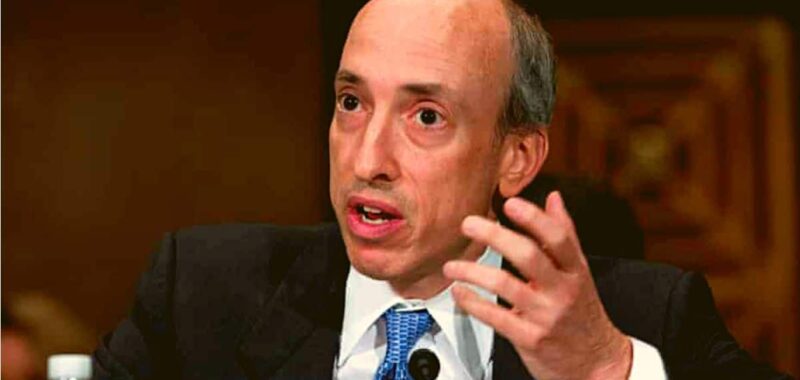
Gary Gensler, the chairman of the United States Securities and Exchange Commission (SEC), believes there have been significant changes in the financial market requiring upgraded definitions of exchanges and alternative trading platforms.
During the 10th Annual U.S. Treasury Market Conference on September 26, Gensler highlighted the shifts in the capital markets since the SEC first adopted regulations targeting alternative trading systems in 1998 and outlined some steps the agency has taken to bring the regulatory landscape up to par.
These regulations likely apply to crypto exchanges and trading platforms because Gensler has insisted over the years that they fall under the purview of the SEC.
Redefining Dealers and Exchanges
Gensler explained to the Treasury Market Conference attendees that a large part of the secondary markets are now facilitated by electronic trading platforms and algorithmic strategies. These platforms were exempted from alternative systems regulations introduced during the tenure of Bob Rubin and Arthur Levitt as 70th Treasury Secretary and 25th SEC Chair, respectively.
Taking into account the changes in trading systems, the SEC proposed a new set of rules in 2022 requiring platforms that provide Treasuries marketplaces to register as broker-dealers. The SEC expanded the definition of dealers in the securities markets to include principal-trading firms, which use algorithmic and high-frequency trading strategies to offer services like exchanges and alternative trading platforms.
After their introduction, the proposed rules faced backlash from pro-crypto politicians. Regardless, they were revived last year with the addition of a section specifically addressing decentralized finance (DeFi).
Despite the criticisms against the proposal, Gensler believes it would close the regulatory gaps among trading platforms and handle risks in the financial system.
Protecting Investors and Financial Markets
According to Gensler, the new rules are paramount in protecting investors and the financial markets because the trading platforms in question have refused to register with the SEC as dealers despite their regular participation in the buying and selling of securities.
Although the SEC has adopted final rules that define what being a dealer means, the changes to the regulations targeting alternative trading platforms have yet to be finalized. If the proposal to implement these changes is approved, the SEC would mandate that all trading platforms, including crypto exchanges, become subject to the agency’s laws.
With the battle on cryptocurrencies that are classified as securities by the SEC still ongoing, the approval of the proposal may not sit well with the digital asset community.

